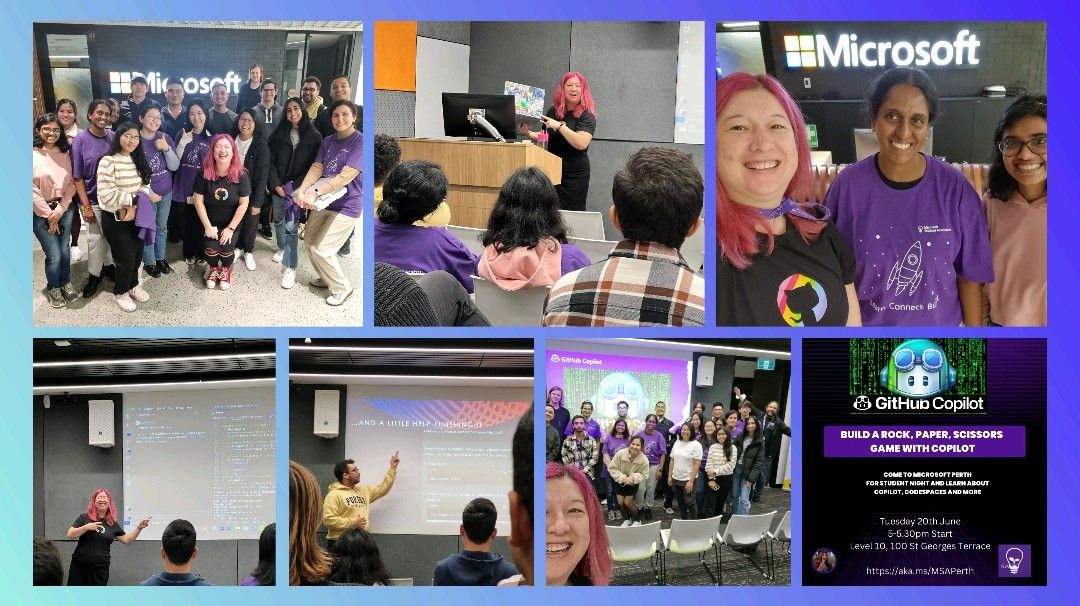Learning to Learn with Generative AI
This year was the first academic year that a Large Language Model was freely available on the internet, which provides a new tool that can empower your learning. However, ChatGPT and other LLMs like it have also made it more difficult to uphold academic integrity, and abuse of these tools can leave you finishing classes without much knowledge gain.
I was on exchange at the start of 2023, about a month after ChatGPT had launched. Classes started at the beginning of January, and by the end of that month, it felt like everyone was talking about ChatGPT. It had the power to answer any question you throw at it, and as it was trained on billions of documents, it mostly got it right. It felt like the promised AI assistant had finally arrived.
Like many other students at the time, I jumped in and had it verify my answers for a homework piece I was working on, which to my surprise, didn't match the answer I had come up with. Upon reviewing my textbook, I was sure that ChatGPT was wrong, and this is when I learned about "hallucinations". Hallucinations are when an LLM fabricates information in response to a question that it has no answer to, as described by Azamfirei et al. (2023). This can frequently occur on complex topics and hurts the reliability of the information provided. Further to the unreliability, studying is about gaining knowledge, and many schools would consider submission of answers provided by LLM's against their academic integrity policies.
How, then, can students use this powerful new tool to learn and gain knowledge? For me, I was inspired by the SyntaxFM Podcast ep. 597 (Bos, Tolinski 2023) to ask ChatGPT to quiz me on my topics. I found this a fantastic resource as I prepared for exams and before interviews for web development. I've also found ChatGPT to be really useful for coming up with project ideas and even better at breaking down these ideas into smaller, more manageable tasks, something I personally struggle with. It can provide reasonable timeframes as goals, and when I get stuck on coding syntax, it's very helpful at providing suggestions and debugging.
These are just a few of the ways ChatGPT has helped me learn this year and develop my skills, ready for life after university. I'd like to record the lightning talk I gave at the Microsoft Student Accelerator meetup in August, which had more suggestions on how to best use LLMs for students I'll update this post with a link when I manage to do so, but here's an image of the event in the meantime!
 Figure 1: A collage of images from the Microsoft Student Accelerator event including my presentation
Figure 1: A collage of images from the Microsoft Student Accelerator event including my presentation
References
Azamfirei, R., Kudchadkar, S. R., & Fackler, J. (2023). Large language models and the perils of their hallucinations. Critical care (London, England), 27(1), 120. https://doi.org/10.1186/s13054-023-04393-x
Bos, W., Tolinski, S. (2023, April 5 ). Stump’d Gameshow! Answering Coding Interview Questions from AI[Audio podcast]. SyntaxFM. https://syntax.fm/show/597/stump-d-gameshow-answering-coding-interview-questions-from-ai